As educators welcome students safely back to their “primary educational institution”, the COVID-19 pandemic is showing us it’s time to put the spotlight on university students – especially first year aspirational teachers.
First-year pre-service teachers who have been studying their “first ever” university course have been learning online since the start of the 2020 year.
These “fresh-out” VCE school graduates transitioning into the first year of their teacher education degree course have never been to university, let alone had a decent face-to-face orientation of their campus culture, classrooms, and meeting their future teacher colleagues and university lecturers.
Since mid-March, Monash pre-service teachers have been resiliently enduring their university studies and coping with online learning, which still takes place in silos.
Universities have a commitment to ensure pre-service teachers are educated in a dynamic and inclusive collaborative environment. The experiences of isolated learning in 2020 shows the importance of learning institutions as social and emotional connecting spaces.
However, 2020 has been a missed opportunity for these future aspiring teachers.
A year of missed opportunities
Some of those aspiring teachers have related their experiences. One said:
“Throughout this year I have really tried my hardest and set myself a good routine to complete work, as well as incorporating breaks and exercise. However, I have found this year quite difficult in regards to the layout of assignments, as I am not used to it just coming straight from Year 12.
“Therefore, that aspect has been difficult online due to not being able to talk to teachers and peers face-to-face. Having said all of this, credit goes to all of my tutors this semester – they have all tried extremely hard to make us feel welcome, and make Zooms as enjoyable as possible.”
Said another:
“As a student coming straight out of Year 12 and into tertiary education, I am passionate about learning and growing as a person, but the news that the entirety of my first year of being a pre-service teacher was going to be learnt online caused a lot of stress for myself. Not to mention the fact I had moved from my small rural, costal town into the suburb of Frankston purely to enable me to attend class.
“I was just starting to find my ‘online groove’ with attending Zooms and beginning to make some closer friends through breakout rooms when the news that placement was cancelled was sent in an email. ‘Just another missed opportunity in my first year,’ I thought to myself.
“With missing open week, making friends has been extremely hard, even for the most confident of students. I think placement was going to be an opportunity for us to connect with some peers and give us all a relatable topic to talk and bond over.”
The lack of human connection, sharing of ideas and past lived experiences together with their fellow aspiring teachers has impacted the ability of pre-service teachers to cope with planning and thinking as “real future teachers”.
A third student said:
“I can speak with confidence on behalf of all my peers when I say that we all would really, really prefer to be back on campus learning face-to-face, connecting with all around us. How can you learn to become a teacher through a screen?
“Teachers are meant to inspire, engage and connect. Without personal contact and the ability to read emotions or understand experiences, it is hard to do this. I hope we are all back on campus as soon as we can to ensure that the next generation of teachers is as inspiring and engaging as the last!”
Given the situation under current Victorian government regulations that the pre-service teachers might not return to campus before the end of the year, they have been disadvantaged and considered in the vulnerable cohort as they move into 2021.
Pre-service teachers have been exposed to learning environments and situations outside their comfort zone. They have “survived”, though they’ve missed opportunities to interact with their fellow future colleagues and others around them whose life stories differ from their own.

In one of the rare positives of COVID-19, these missed learning opportunities offer a fruitful starting point for the university teaching sector to understand how to support the development of our pre-service teachers’ evolving professional identity.
Although university lecturers have successfully pivoted their teaching and learning strategies to sophisticated online collaborative learning environments, the absence of a real hands-on experience offered in regular face-to-face classroom environments still remains a deficit in these future teachers’ lived experiences. These deficits might create a “hole” in their evolving teacher identities and agency.
Assessing the impact of COVID on professional identity
Researchers from Monash’s Faculty of Education are examining the impact of COVID-19 on understanding pre-service teachers’ evolving professional identity.
Throughout the study, we’re considering three key elements:
-
How pre-service teachers develop their professional identity by feeling (emotional connections)
-
How they develop their identity by belonging (social connections)
-
How they develop their identity by sharing experiences with others (communication and collaboration).
Anecdotally, as many teacher educators agree, for first-year pre-service teachers, the current pandemic has shifted their understanding of who they are in the world – their learning by feeling (emotional connections), and the development of their teacher identity by belonging (social connections).
Collectively, they need to be “damage-controlled” as they transition into their second year of teaching degree course in 2021.
Given the importance of providing effective support to establish an all-inclusive learning community for both our local and international pre-service teachers, we recommend the following be embedded in teacher education:
1. Improve pre-services teachers’ confidence and perceptions of what teaching entailed in a pre- versus post-COVID era – this can be achieved by more “in-house” university training, including peer-peer teaching sessions as a simulated peer-peer teaching model (for example, cross-pollinating collaborations between third-year pre-service teachers peer teaching with first-years).
2. Highlight motivation, growth mindset, and resilience in future teaching landscapes.
3. Look at developing classes and acquired experience in blended practices – simultaneous teaching of both instructional content and simulated teaching experiences, where pre-service teachers get to observe current teacher practices (such as models of case study videos), as well as enact teaching in simulated environments, so they can “futurise” their teaching mindset.
Suffering from a lack of connection
The lack of human connection, sharing of ideas and past lived experiences together with their fellow aspiring teachers has impacted the ability of pre-service teachers to cope with planning and thinking as “real future teachers”.
Denied the opportunities for school placements – what we call real-world learning – with students in classrooms has impacted their belonging, familiarity with educational surroundings, as well as general perceptions and confidence in their ability as teachers.
Disadvantageous effects of not physically participating in university classrooms, let alone in placement schools, are being – and will be – continuously felt by most first-year pre-service teachers.
That’s not forgetting that the yo-yo effect of the pandemic, and associated lockdowns and restrictions, might well be dragged into 2021.
It’s time to recognise the extent to which our future teachers may be suffering in silence, and the unheard stories that our research will soon reveal, and suggest ways forward for effective damage control.
This article was first published on Monash Lens. Read the original article


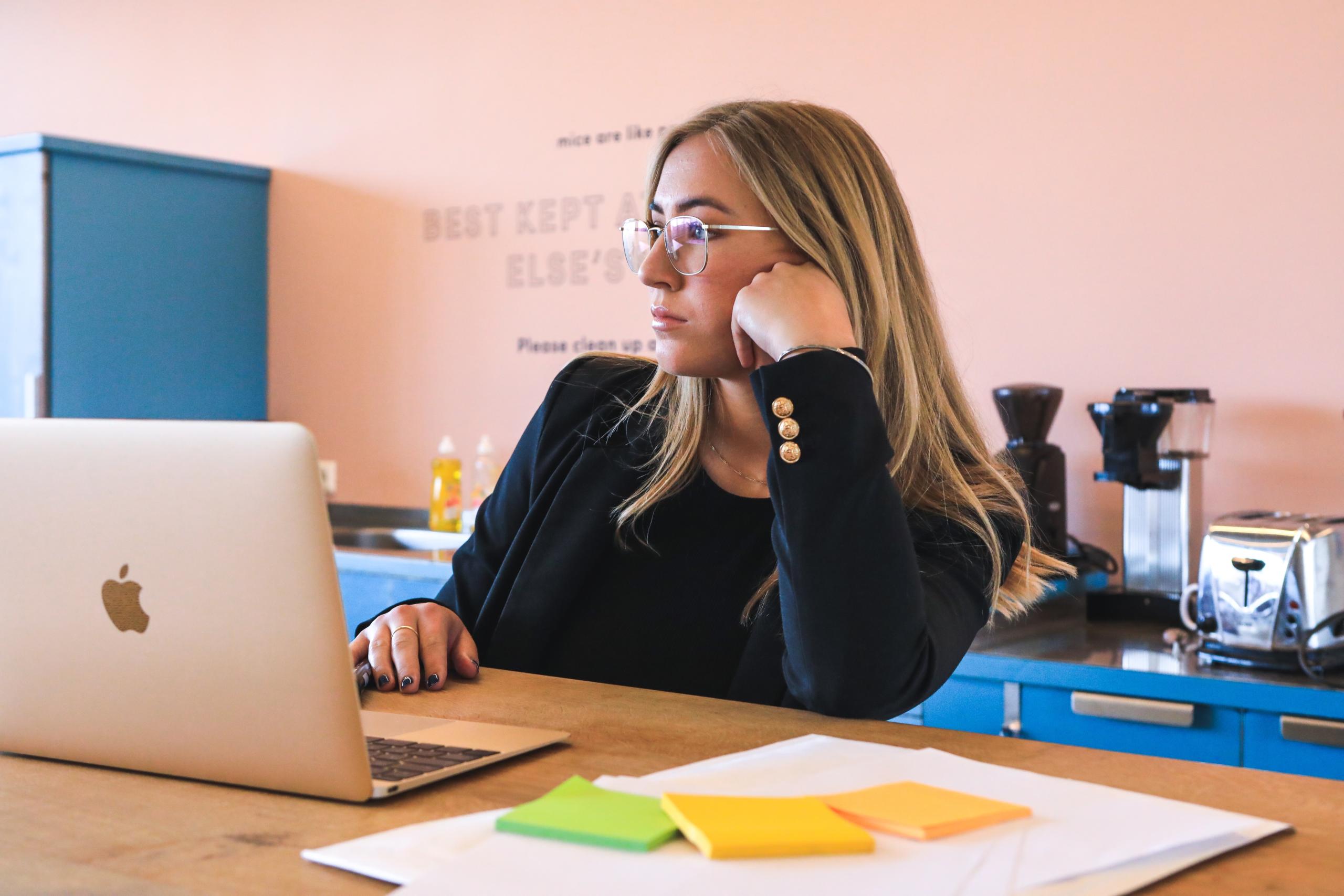
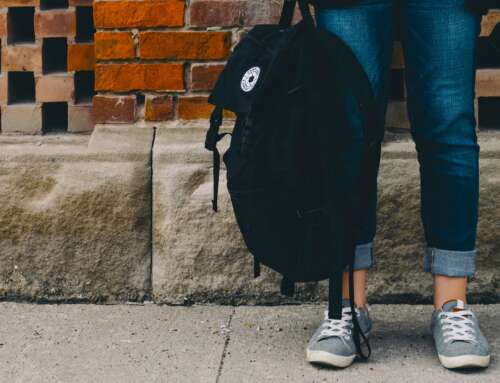
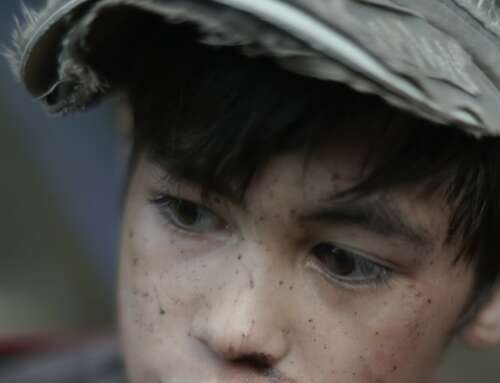
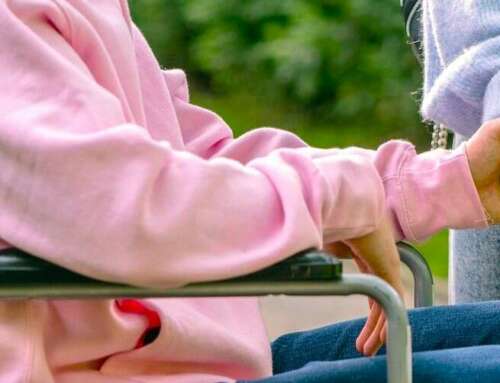

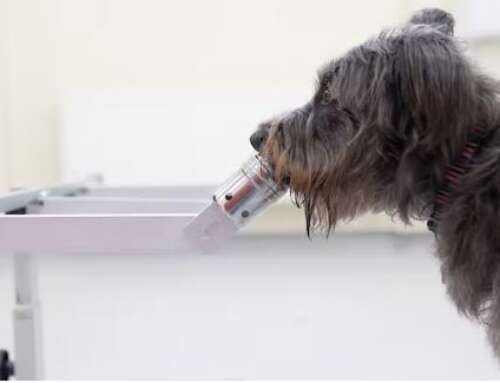
Leave A Comment